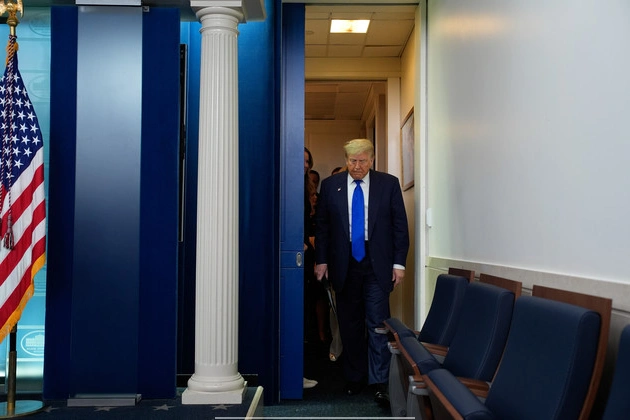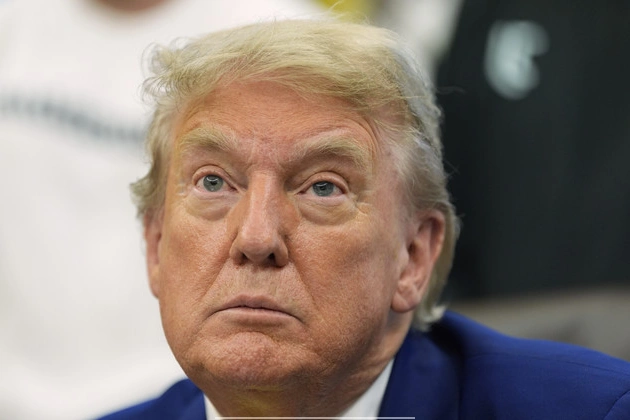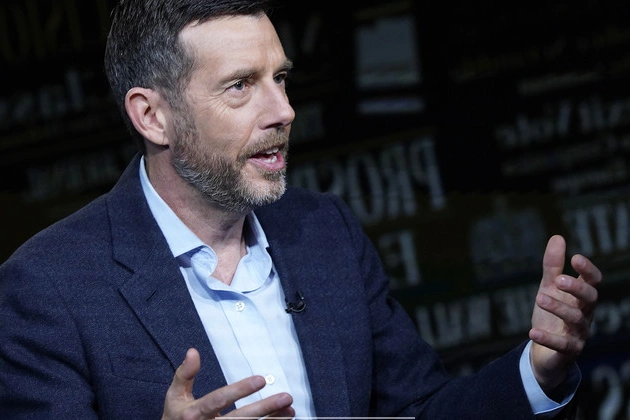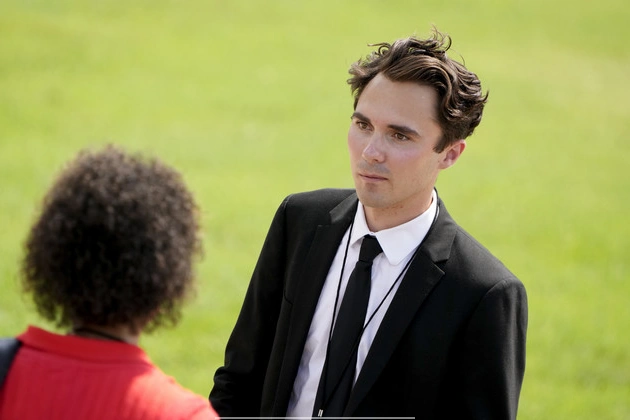
President Donald Trump is skeptical of congressional Republicans’ emerging plans to make deep cuts to Medicaid, the safety-net health program covering nearly 80 million Americans, six people close to the president said.
Speaker Mike Johnson and other House leaders are zeroing in on a framework that would roll back part of the Medicaid expansion enacted under President Barack Obama, generating hundreds of billions of dollars in savings to help pay for the rest of Trump’s legislative agenda — including sweeping tax cuts plus border security and defense spending.
The Challenge of Convincing Trump
But while Trump has agreed to target waste, fraud and abuse, he remains profoundly wary about pursuing anything that might be construed as “cuts” to a program he has vowed over and over again to protect, according to six White House officials and top allies of the president.
“Trump is definitely not convinced on reductions in Medicaid spending,” said one outside adviser granted anonymity to discuss the high-level deliberations. “His own instincts are that politically it’s not good, and Trump’s political instincts are pretty good.”
Proposed Changes and Political Backlash
The conflict is set to come to a head when senior House Republicans in the coming days are expected to present him with a menu of potential Medicaid changes they’d like to pursue and estimates of the savings they will generate and the impacts on beneficiaries. It will be up to Trump to decide what is palatable.
Among the options the White House has agreed to review — but not yet agreed to accept — is a controversial proposal, favored by some House Republicans, that would cap the federal Medicaid allotment to states. The Trump administration, meanwhile, has requested proposals that would slash drug costs by pursuing a “most favored nation” policy linking certain government payments for pharmaceuticals to the lower prices paid abroad.
Personal Convincing Efforts
The high-stakes presidential decision comes after a crash effort by Johnson to personally convince Trump of the merits of targeting the Obama-era Medicaid expansion. House Republicans are moving quickly to assemble the megabill ahead of a self-imposed Memorial Day deadline, with the Energy and Commerce Committee hoping to release legislative text by Monday.
Some Republicans believe deep cuts to Medicaid and other politically sensitive programs are essential to making the “big, beautiful” bill’s math work. But Trump is unconvinced that the trade-off is necessary.
Communication and Messaging Strategy
The political anxiety has been compounded by the repeated proclamations from Trump and members of his administration that Medicaid will not be cut. Instead, they have emphasized efforts targeting waste, fraud and abuse and removing ineligible recipients, including undocumented immigrants from the program.
In a New York Post story published Wednesday, chief of staff Susie Wiles vowed Trump would get his bill “without any cuts” to Medicaid.
Strategic Coordination and Messaging Alignment
Johnson has been furiously working to secure Trump’s support, shuttling up and down Pennsylvania Avenue and calling him multiple times a day to ensure that he and the president remain in lockstep, according to two Republicans granted anonymity to describe the relationship.
The speaker has told confidants that one reason the 2017 ACA repeal effort failed was because Hill Republicans and Trump weren’t on the same page, and he’s vowed not to make the same mistake — keeping him apprised of thorny policy debates and constantly gauging his preferences, the two Republicans said.
Future Challenges and Opportunities
Republicans are looking to rebut those attacks by considering using some of the savings from rolling back the ACA expansion to “reinvest” in benefits for “core” beneficiaries, including low-income pregnant women, children and Americans with disabilities, according to multiple GOP officials on Capitol Hill.
“[Republicans] are being stung by these ads about how you’re going to hurt rural health, hurt women, and hurt pregnant women,” said Stephen Moore, an economic adviser to the president. “But the whole message is: We’re not cutting anybody’s benefits. If anything, it’s talking about providing more and better benefits.”
Ben Leonard contributed to this report.















